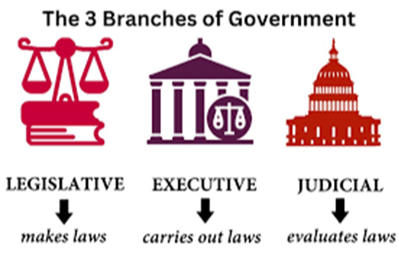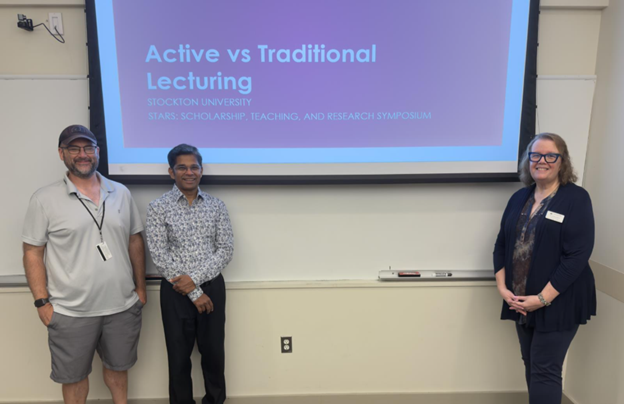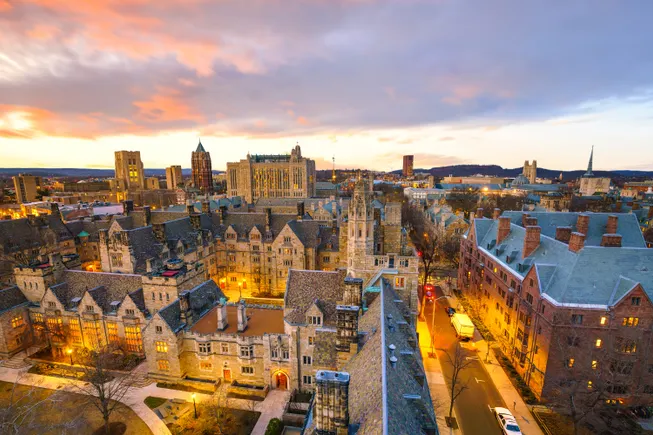Pretty Vectors/Shutterstock
Last month at our Careers & Coffee chat, we discussed the purpose and path to getting involved with local and state level government, with potential effects on higher education and stakeholders. Did you know each institution has a variety of opportunities for students, faculty, staff and its community partners to get involved with their municipalities?
Depending on the infrastructure and location of campuses, colleges, universities, and higher education entities may offer political opportunities. From student or faculty clubs to course requirements, staff strategic planning teams or task forces, to collaborative sessions with community advocates, or other special sessions for audiences affiliated with their university, every person on your campus can have a voice in what happens in their local or state government. This chat was a valuable occasion for those experienced or simply interested in navigating legislation to tell our campus stories to policy makers.
Lisa “BB” Browne-Banic, U.S. Army Veteran and Ph.D. candidate from Florida Atlantic University’s College of Education opened the chat with a refresher of how the U.S. government is set up, and joked about how not everyone paid attention in their high school class.
The U.S. Constitution divides the federal government into three branches: legislative, executive, and judicial. This is to ensure that no individual or group will have too much power in what occurs in the United States. This structure is the same at the state government level, and there are parallels of responsibility at the local and municipal levels as well.

Legislative Branch
We elect senators and representatives as part of the legislative branch to make laws. Did you know that you can draft and propose laws? Call and meet with your senator or legislator once you (or your club or team) has finalized a proposal and garnered legitimate support for your concerns on a specific policy affecting your university.
Executive Branch
We elect our state governor and U.S. president as part of the executive branch to enforce laws, manage budgets, and appoint officials in a wide variety of staff positions. Did you know that you can apply to be in one of these appointed positions? They are very competitive and usually do not pay a stipend. Look online and once you meet the requirements, submit your application for consideration. It may help your application to get support and references from other affiliates at your university as well. (See example of an appointment application form.)
Judicial Branch
Supreme Court justices, court of appeals judges, and district court judges are nominated by the President and confirmed by the United States Senate, as stated in the U.S. Constitution. Article III of the Constitution states that these judicial officers are appointed for a life term. Depending on your state and other municipalities, most circuit court judges and county court judges are elected, and some require a “non-partisan” election aka without reference to any political party. Regardless, the judicial branch interprets the laws. Did you know that you can protest (or support) any appointed judge? Again, gathering support from your club or team at your institution may help the effectiveness of your efforts.
Grassroots
Logistically or practically, it may be more fortuitous to address political issues locally and then build support for state and further efforts (like many municipalities did from grassroots efforts which resulted in the passing of the G.I. Bill® (aka Servicemen’s Readjustment Act of 1944) for veterans who benefit to this day in every establishment of higher education.
State sessions are listed online for you to plan ahead to join in policy or lobbying meetings, and your institution can schedule in advance a “Day on the Hill” to collaborate on a legislative goal altogether. Local municipalities are open to the public for monthly or periodic meetings, and they welcome volunteers, which may be a great opportunity for your club or team or class project!
There are many ways to have an impact on local government policies including:
Public Services: libraries, parks, recreation, utilities Local Laws & Regulations: passing ordinances, zoning, licensing Education: running local schools (in many cases, through different school districts) Tax Collection: property taxes and other local fees Public Safety: police and fire departments, emergency medical services
Whichever approach you or your class or team or club plan to take, we all matter and we each have a voice in this country to affect policies and laws that have an effect on us and our places of higher education.


























